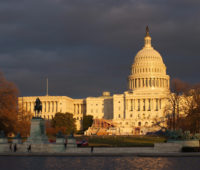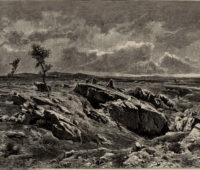The Anxieties of Democracy (AoD) program’s Working Group on Climate Change has released three substantive reports on the ways in which social science, particularly political science, can and should engage with climate change. Here, AoD’s Kris-Stella Trump and Cole Edick provide an overview of the reports, which address the political demand for addressing climate change, the politics of choosing climate change policies, and the ethical and normative concerns that underscore the need for political action. Each report provides a concise overview of current research and outlines suggestions for future work.




























